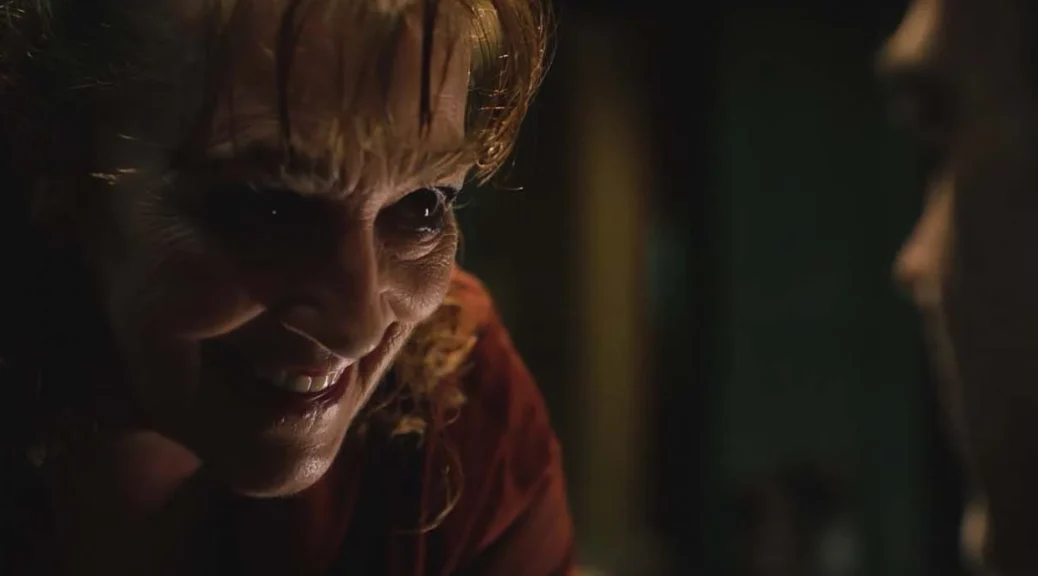Crazy Old Lady
by Hope Madden
In a provocative and assuredly nuanced riff on the old hagsploitation genre so popular in the Sixties and Seventies, Martín Mauregui’s Crazy Old Lady dares you to look away.
The agist, often misogynistic originators of the genre—What Ever Happened to Baby Jane?, Hush…Hush, Sweet Charlotte, Straight-Jacket—eventually made way for more thoughtful, but no less terrifying, meditations on the horrors that await us all. The heartbreaking nature of dementia in Natalie Erika James’s Relic and Adam Robitel’s The Taking of Deborah Logan struck a nerve.
Crazy Old Lady traps us in a home with a dementia sufferer who’s stopped taking medication and has embraced a violent unreality. But Marengui, an Argentinian filmmaker, is less interested in what the future holds as what the past hides.
The great Carmen Maura is Alicia. Alicia has her daughter Laura (Augistina Liendo) worried. By the third time Alicia calls Laura inside of ten minutes, always asking for the same recipe, Laura panics. Hundreds of miles from home with no one else to turn to, she phones her ex-boyfriend Pedro (Daniel Hendler) with a desperate request: stay with Alicia until Laura can get back home tomorrow morning.
Pedro complies. But he’s not Pedro to Alicia. He’s Cesar, her first love, an abusive man with whom Alicia shared dark, even brutal secrets.
Mauregui takes a Death and the Maiden approach to the balance of the film. The result is a profoundly uncomfortable, breathtakingly performed exhumation of the kind of dark past that refuses to stay buried in the garden.
“People disappeared every day back then,” Alicia casually recalls.
Through most of the film’s runtime, we’re alone with Alicia and Pedro. Maura’s masterful performance hardly comes as a surprise. Broken, seductive, self-righteous, naïve, sinister—the veteran weaves from one tone to the next with alarming flexibility.
Hendler keeps pace. There is such humanity in his performance, confusion and terror and, most heartbreakingly, empathy. It’s a beautiful, aching turn. Though both actors are aided immeasurably by Mauregui’s deft writing, their chemistry and deeply felt performance elevate the film far beyond its genre trappings.
Mauregui builds tension, delivers unexpected shocks, and lets his exceptional cast compel your attention. Despite its exploitation title, Crazy Old Lady delivers a gripping tale.














